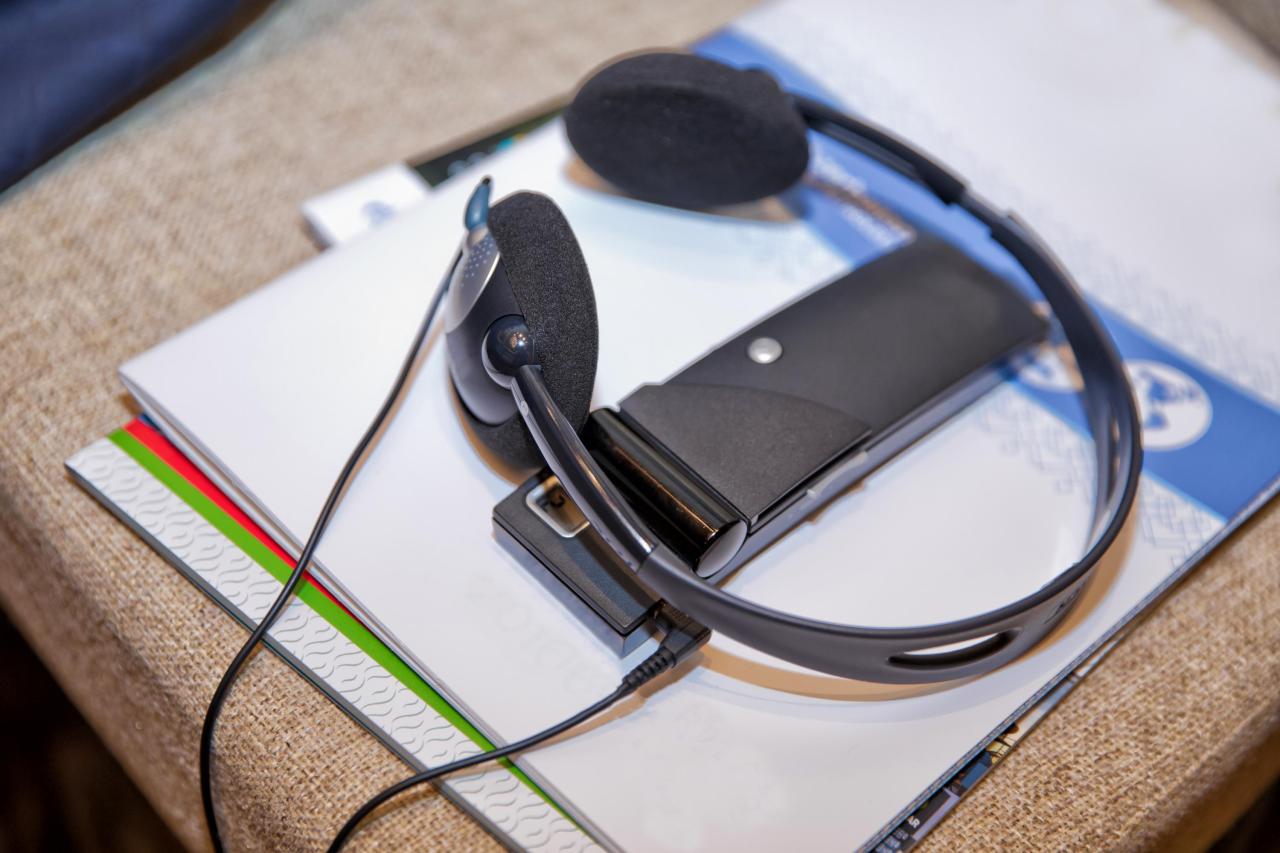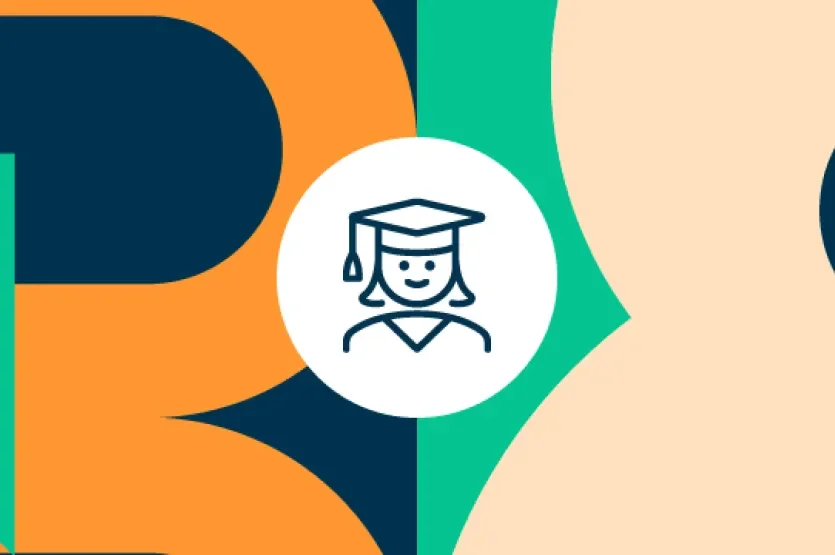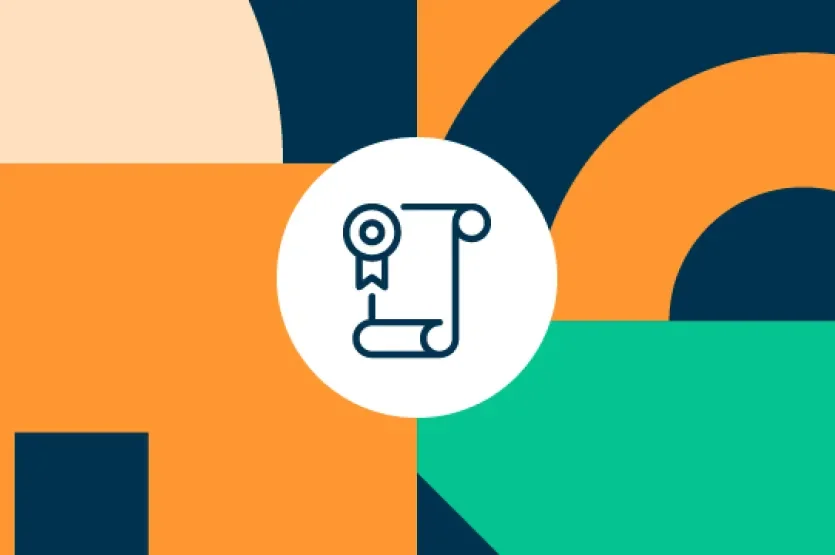Overview
The MA in Translation Studies programme at Dublin City University is a one-year, full-time course that provides advanced training in language and translation skills. Completing this programme leads to a postgraduate degree in Translation Studies.
The MA in Translation Studies at DCU is part of the European Masters in Translation (EMT) Network, which is recognised by the European Commission. This makes the MA programme highly prestigious in Europe.
The lecturers teaching in the MA in Translation Studies at Dublin City University are well-known experts in the field of translation studies. Many of them have strong connections to the translation profession and the translation industry.
Our students are recruited by high-profile European public institutions as well as private multinational organisations.
Why DCU
DCU People
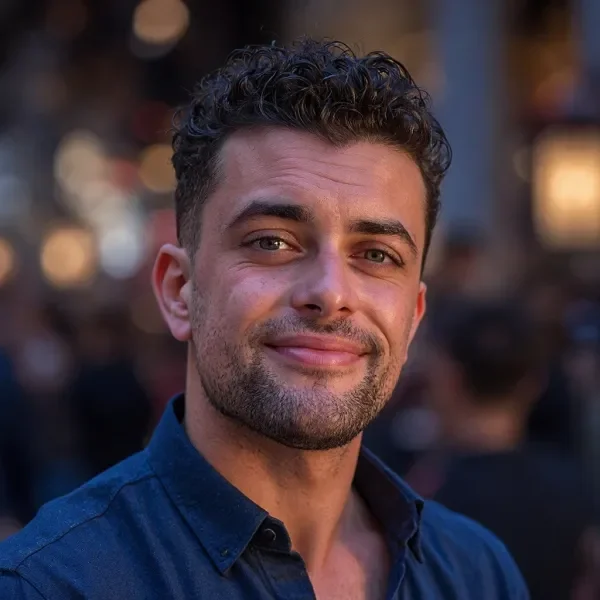
Vicent Briva-Iglesias is an academic entrepreneur who works as Assistant Professor in Translation Technology at the School of Applied Languages and Intercultural Studies (SALIS) at Dublin City Univ
Read more about Vicent Briva Iglesias
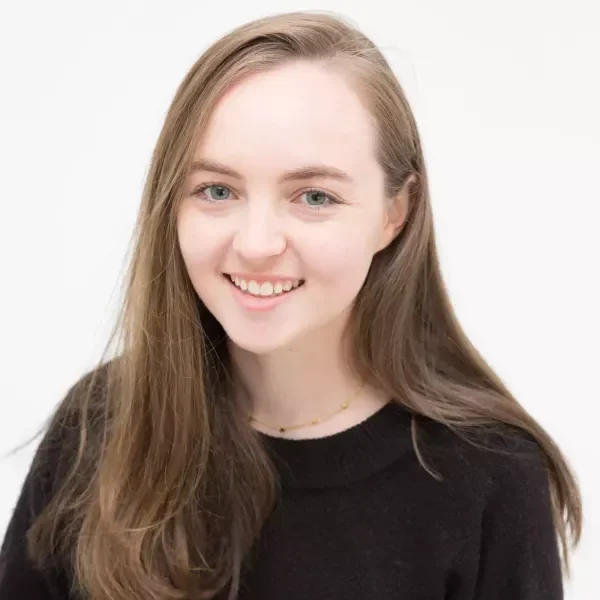
I had been researching different Translation Master’s for maybe 2/3 years before applying to DCU. I really knew, after my Erasmus, that translation was the path I wanted to pursue.
Read more about Jessica Doherty
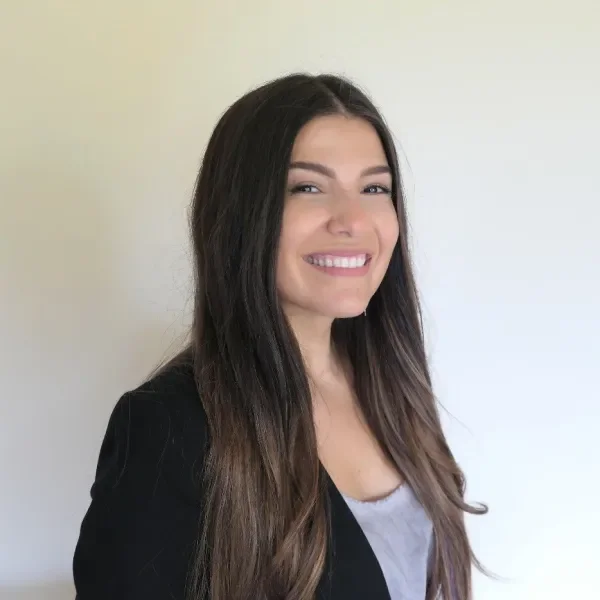
Sheila Castilho is an Assistant Professor in SALIS at Dublin City University, specialising in machine translation and translation technologies.
Read more about Sheila Castilho - Former Chairperson
Careers & Further Options
Careers
The technology and translation skills that students acquire in this programme are crucial for a successful career as a translator.
They not only enhance job prospects but also open up opportunities in both large organisations and as independent freelance translators.
Numerous graduates from the MA in Translation Studies programme go on to become professional translators. They may work as freelancers for translation agencies or within the translation departments of large corporations. This programme equips them with the expertise required to excel in these roles.
Graduates may also be eligible for competitive examinations leading to employment in the Translation Divisions of the Institutions of the European Union or other international organisations.
You can find out more information on translating for Europe here.
Some graduates follow careers in related fields such as:
- Publishing
- Broadcasting
- Information Technology (IT)
- Bilingual and Irish language media
- Diplomatic Services
- EU and International Advisory bodies
- EU Institutions
- European Institutions
- International Organisations
- Self Employed
- Social Media
- Starting Your Own Business
- Translating and Interpreting
Others opt for careers in the public service, in teaching, at secondary or tertiary level, or undertake research.
Some graduates may wish to continue their studies to doctoral level at DCU or elsewhere. For more information on continuing research in the area of Translation Studies see Research in the School of Applied Language and Intercultural Studies (SALIS).
"DCU graduates are highly sought after by employers. Our Graduates work in environments ranging from large multinationals to SMEs, family businesses and start-ups across every sector.
DCU Careers Service has a number of learning and development initiatives in place for our students, giving them the skills they need for a successful career path."
Entry Requirements
For admission to the MA in Translation Studies, successful applicants will have:
• A degree at the level of an Irish or UK Honours undergraduate degree (H2.2 or above) or equivalent,
OR
• Applicants with appropriate combinations of professional qualifications and experience may also be considered. This includes discipline-specific knowledge and know-how; transferable skills; basic research competency; personal effectiveness.
•This Programme requires a high level of Language Competence:
• Applications are invited from graduates normally with at least a Second Class Honours degree in any one (for the one-language route) or two (for the two-language route) of the following language(s): Irish, Chinese, French, German, Japanese or Spanish.
• In addition, applicants should preferably have spent a total of at least 12 months in a country/countries where the language(s) they wish to study are spoken.
• Consideration will be given to other subject specialists with appropriate linguistic competence.
• Recognition of Prior Learning (RPL) applicants are required to submit a cover letter along with their application under the Transcripts section of the portal, affirming their intent to apply for RPL. For more information on RPL see here.
• International candidates who are non-native speakers of English must satisfy the University of their competency in the English language.
Due to the specialist nature of this programme, additional criteria may be used to assess suitability to undertake this programme. For further information, please contact the Programme Chair using the contact details above
Programme Structure
The programme covers various subjects such as Translation Technology, Audiovisual Translation, Research Methods, Translation Theory and Simulated Translation Practice. Students can choose to translate into English, except for those studying Irish, who translate into Irish. Additionally, students can focus on one or two languages (one in each semester): French, German, Irish, Spanish, Chinese and Japanese.
There are additional optional modules available, including Localisation, Community Interpreting and Digital Language and Discourse Methods.
As part of the programme, students write a dissertation over the summer months. Alternatively, they may opt for a three-month work placement in Ireland or abroad on which they must source themselves.
- DCU may award subvention of up to 50% of fees for applicants studying Irish, based on the quality of MTS applications received. Successful candidates will be notified in August. Applicants who intend to study Irish in both semesters should notify the Programme Chair when submitting their application.
- Under the Higher Education Authority /Department of Arts, Heritage and the Gaeltacht Irish Advanced Skills Initiative, all postgraduate candidates wishing to study Irish translation at designated centres around the country are now required to sit the TEG B2 exam before being accepted onto programmes. Deadlines and exam dates for the TEG B2 test are available here.
- Those who fail to take the TEG B2 exam in time and are accepted onto the MTS are required to sit the TEG exam at the first available opportunity thereafter. Students of Irish will be required to pass TEG C1 before completing their studies.
Here are the key points about our MA in Translation Studies programme:
- We offer the most established and comprehensive postgraduate programme in Translation Studies in Ireland.
- Our programme is part of the prestigious European Master’s in Translation (EMT) network, endorsed by the European Commission, ensuring high-quality translator qualifications.
- Our program strikes a balance between a strong academic foundation in Translation Studies and practical, real-world training.
- We collaborate closely with professional organisations, such as the Irish Translators’ and Interpreters’ Association, international bodies like the EU, and the translation industry to prepare our graduates for successful careers as translators.
- Our programme offers an exceptional research environment with globally recognized experts in the field of Translation Studies.
- Graduates of our program are sought after by reputable European public institutions and multinational private organisations for translation roles.
Semester 1 Core Modules
- Translation Technology
- Computerised Terminology
- Research Methodologies
Semester 2 Core Modules
- Translation Theory
- Simulated Translation Bureau
Autumn Semester Modules
Choose ONE of the following modules
- Dissertation
- Work Placement
Optional Modules
Semester 1 Optional Modules
Choose ONE of the following modules in your chosen language
- Scileanna Gaeilge
- French Economic Translation
- Specialised Translation: Economic (German)
- Japanese Economic Translation
- Spanish Economic Translation
- Chinese Economic Translation
Semester 2 Optional Modules
Choose from the following modules
- Specialised Translation: Technical (French)
- German Scientific/Technical Translation
- Japanese Scientific/Technical Translation
- Spanish Scientific/Technical Translation
- Chinese Scientific / Technical Translation
- Aistriuchan Dli agus Reachtaiochta
Choose from the following modules
- Audiovisual Translation
- Localisation
- Community Interpreting Theory and Practice
- Digital Methods in Language and Discourse
Fees and Funding
Fees
How To Apply
To apply for this programme:
All Applicants must apply through DCU's Student Application Portal which is available here. Here's a quick step by step guide if you need help with your application.
• Provide Academic Transcripts for each and every year of study with English translation, if applicable.
• Provide a Personal statement of 500-750 words maximum. The statement should include:
(i) Why you wish to study this programme.
(ii) What in your record and experience makes you suitable for the MA programme.
(iii) The impact which you expect the MA would have on your future.
• If applicable, provide evidence of competence in the English language as per DCU entry requirements. Please see link https://www.dcu.ie/registry/english.shtml
Application Deadlines
Applications will be accepted on a rolling basis until the programme is full or until the following dates:
- Closing date for non EU applicants is 1st July 2025
- Closing date for EU applicants is 30th August 2025
Please note if you are a non EU student and require a study visa, you are not eligible to apply for part-time programmes as study visas are only granted for full-time programmes.
Applicants who require a study visa for the purposes of studying at DCU, are advised to apply as early as possible.
Application Queries
For EU applicant queries, please visit https://www.dcu.ie/registry/eu-postgraduate-taught-admissions or email postgraduateadmissions@dcu.ie
For non EU applicant queries, please visit https://www.dcu.ie/registry/international-admissions-undergraduate-and-postgraduate or email internationaladmissions@dcu.ie
Commencement of Programme
The programme commences in September 2025
Life On Campus
At DCU, our students can expect a unique campus experience. We are known for our excellent teaching and learning facilities, our active clubs and societies, and our great social and sporting facilities. All this makes DCU an exciting place to be.
DCU has three academic campuses; Glasnevin, St. Patrick’s and All Hallows (both in Drumcondra), all close to Dublin City centre.
They can be reached by public transport, Dublin Bus and Bus Éireann, with our Drumcondra campuses a ten minute walk from Drumcondra Train Station. Glasnevin is a 20 minute walk from St Patrick’s and All Hallows. They are also linked by Dublin Bus.
Each campus has a library (O’Reilly, Cregan and Woodlock Hall), study spaces, restaurants, and on-campus residencies. There are sports facilities on Glasnevin and St. Patrick’s, and there is a dedicated sports campus, St Claire’s, located near Glasnevin on the Ballymun Road.
DCU’s 19,000 students have access to exceptional teaching and learning facilities across our three academic campuses.
These include modern learning theatres, research centres, a new media and TV studio, radio/podcast studios, computer suites and advanced labs in the areas of Languages, Engineering, Physics, Chemistry and Biotechnology, as well as a Sports Performance centre and a training hospital ward. In 2021, we opened our first virtual reality ‘Leadership Lab’, which is located in our Business School.
We continue to improve and update our facilities. For example, construction of a new world-class STEM facility is underway on the Glasnevin campus. With capacity for an extra 3,000 STEM students, this facility will advance DCU’s international reputation for excellence in science and health, computing and engineering disciplines.
Studying in DCU isn’t just about course work. The university is rich in student life and activities.
There are more than 140 clubs and societies for students in DCU, with ‘Clubs & Socs’ days taking place on both the Glasnevin and Drumcondra campuses at the start of the academic year. They span everything from rugby to rock climbing, anime to jazz.
For many students, sport is an important part of the DCU experience. DCU’s Sports Complex boasts a 25 metre swimming pool, fitness centre gym, all-weather pitches and squash courts, as well as soccer, GAA and rugby pitches. DCU Dóchas Éireann, the university’s GAA club, is the largest third level Gaelic Games club in the country. Meanwhile, DCU Athletics has been Ireland’s highest achieving university club for many years. And DCU has dozens of other clubs to get involved in, from Archery to Weightlifting.
The Glasnevin campus is home to our purpose built, state-of-the-art student centre, The U, which serves the needs of a rapidly growing student body. Here, you will find the Student Leadership and Lifeskills Centre, performing arts and cultural spaces for students and the wider community, and the Entrepreneurship and Innovation Hub. Also located on our Glasnevin campus is The Helix, our renowned performing arts centre.
On our St Patrick’s campus, we have the Java Student Hub, a vibrant, warm and welcoming space where students can meet for coffee, play music, use the projector to watch events, or just relax. The walls of the Java Hub were designed based on the cultural history of St Patrick’s Campus, including the special references to the notable sporting history and history of the arts.
We have a number of academic, professional and social supports for students.
Student Advice & Learning Skills Centre - Offers a wide range of supports and services to students and advice
The Writing Centre - drop-in writing workshops for students through the academic year
Maths Learning Centre - provides maths support for students of all ability levels with maths modules
Student Learning - facilitate the transition from passive to active learning for students at DCU, by teaching study skills, nurturing critical thinking and building student confidence.
Careers work with students to help them on their professional journey into graduate employment.
Our student support team offers a comprehensive support programme, helping students make that all important transition into university life and focusing on building confidence and skills which are key to success at third level.

DCU Glasnevin Campus
FAQs
Is DCU all one campus?
DCU is a multi campus university - the Glasnevin, St Patrick's and All Hallows campuses. The St Patrick's campus is where the Education courses are taught and some of the subjects from the BA Joint Honours degree. There is a 20-25 minute walk between the campuses but there are buses and bikes available to go between them also.
Click here to see maps of all of our campuses
If I'm studying on the St Patrick's campus, can I use the library and sports centre on the Glasnevin campus?
Yes, all facilities such as sports and accommodation are open for all DCU students to avail of.
Are there libraries in DCU and if they have wifi and work stations?
We have a brand new state of the art four floor library on our St. Patrick's Campus which complements the existing library on the Glasnevin campus. There is free wifi, work stations as well as desktop computers.
Does DCU provide accommodation?
DCU does have on-campus accommodation for undergraduate and postgraduate students, and you can find out more and apply via the Accommodation Office webpage.

